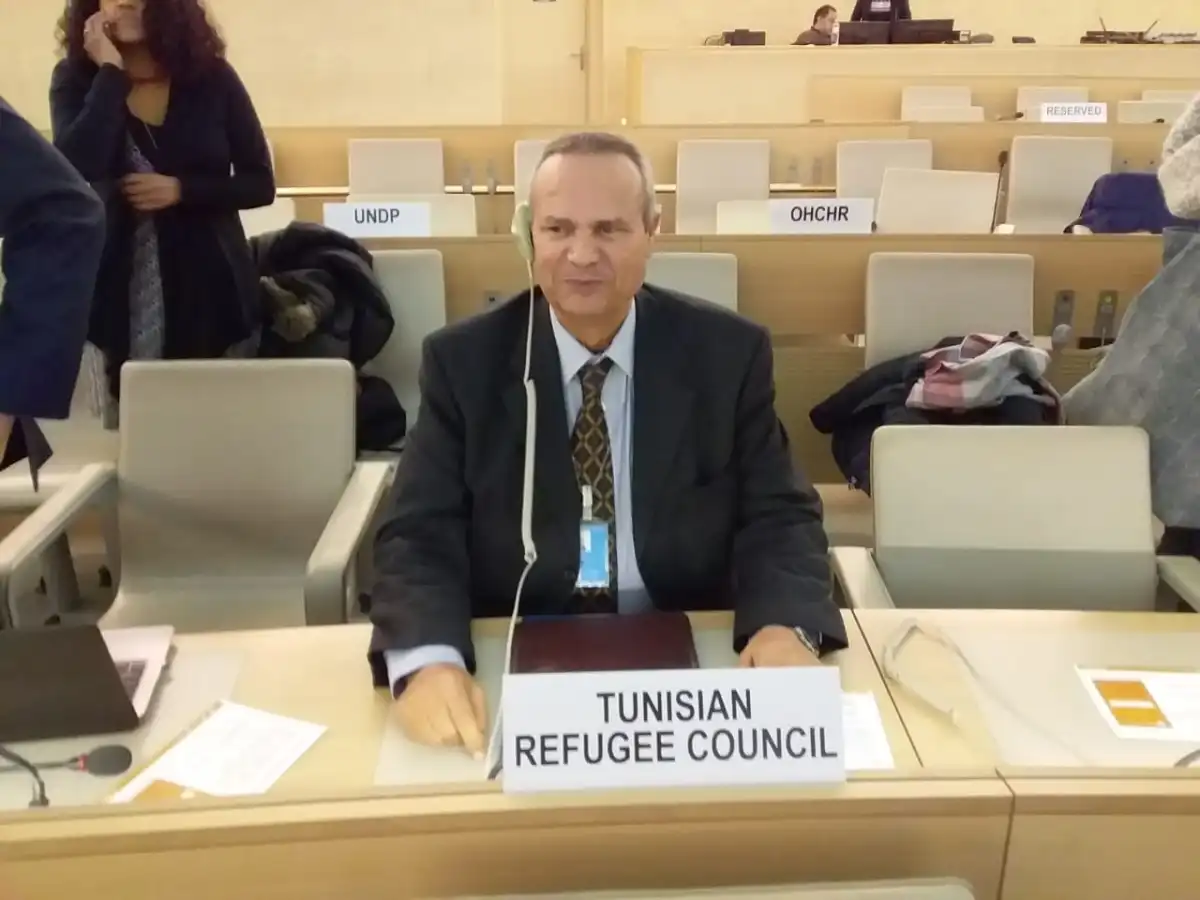
Swiss-Tunisian Aid Workers Freed After Serving Most Of Sentence In Migrant Case
Mustapha Djemali, founder of the Tunisian Refugee Council (Conseil Tunisien pour les Réfugiés, CTR), and Abderrazek Krimi, the group's project manager were accused along with three other defendants of setting up an organisation to“help migrants enter the Tunisia illegally” and provide them with shelter.
More More Human rights Relatives fear for 81-year-old Swiss detained in TunisiaThis content was published on Sep 6, 2025 A former UN employee has been held in custody for over a year. Are the Swiss authorities and UNHCR doing enough for him?
Read more: Relatives fear for 81-year-old Swiss detained in TuDjemali and Krimi were given two-year jail terms, but having already spent about 20 months behind bars, they“will be released this evening”, their lawyer Mounira Ayadi told AFP on Monday evening. The three other CTR staff members were acquitted, Ayadi added.
The defence said the CTR was working in an exclusive partnership and under a legal agreement with the UN refugee agency UNHCR in Tunisia to provide emergency housing for asylum seekers and refugees.
“We are very happy. The conviction is still unfair, but we are relieved the sentence is relatively light,” Yusra Djemali, one of the CTR president's daughters, told AFP.“He has about four months suspended, but what matters is he's coming out of prison tonight,” she added.
“We were hoping for an acquittal and still believe that's what should have happened, but the court opted for a compromise: it convicted them while cutting the sentence,” said Ayadi, noting the defendants had faced more than ten years in prison.
At Monday's hearing, Djemali – a senior UNHCR official for more than 20 years – gave an emotional defence of his work, insisting the organisation dealt only“with asylum seekers and had no links to illegal immigration”.
He said the CTR operated under UNHCR supervision to house migrants rescued at sea by the authorities, before tearfully asking:“Why am I here?” Pointing to his 40 years in humanitarian work, he added:“We never formed a gang or conspiracy.”
Krimi raised a similar question:“Why have we been locked up for 20 months?” He said the CTR helped vulnerable people – including children, women who had suffered sexual violence and the elderly – and argued he had“acted out of national duty and in coordination with the authorities”.
Just before the hearing, US-based Human Rights Watch (HRW) urged Tunisian authorities to drop what it called“unfounded charges, free those in custody and stop criminalising legitimate humanitarian work”.
“The CTR has played a vital role in protecting refugees and asylum seekers, working legally with accredited international organisations in Tunisia,” said Bassam Khawaja, HRW's deputy regional director, in a statement.
Djemali and Krimi were arrested in May 2024 along with around ten other aid workers, including Sherifa Riahi, head of the Terre d'Asile association, and anti-racism activist Saadia Mosbah from the NGO Mnemty, on suspicion of helping migrants enter the country illegally. The trial of Terre d'Asile activists is scheduled to begin on December 15.
Tunisian and international NGOs say rights and freedoms have been rolled back since President Kais Saied seized full power in the summer of 2021.
In February 2023, President Saied gave a fiery speech condemning the arrival of“hordes of sub-Saharan migrants”, claiming they threatened to“change the country's demographic composition”. In the weeks that followed, thousands of sub-Saharan migrants, stripped of jobs and housing, were urgently repatriated by their governments or tried to flee Tunisia by sea.
Others were pushed out to desert border areas with Algeria and Libya, where at least 100 died.
Translated from French with DeepL/sp

Legal Disclaimer:
MENAFN provides the
information “as is” without warranty of any kind. We do not accept
any responsibility or liability for the accuracy, content, images,
videos, licenses, completeness, legality, or reliability of the information
contained in this article. If you have any complaints or copyright
issues related to this article, kindly contact the provider above.


















Comments
No comment